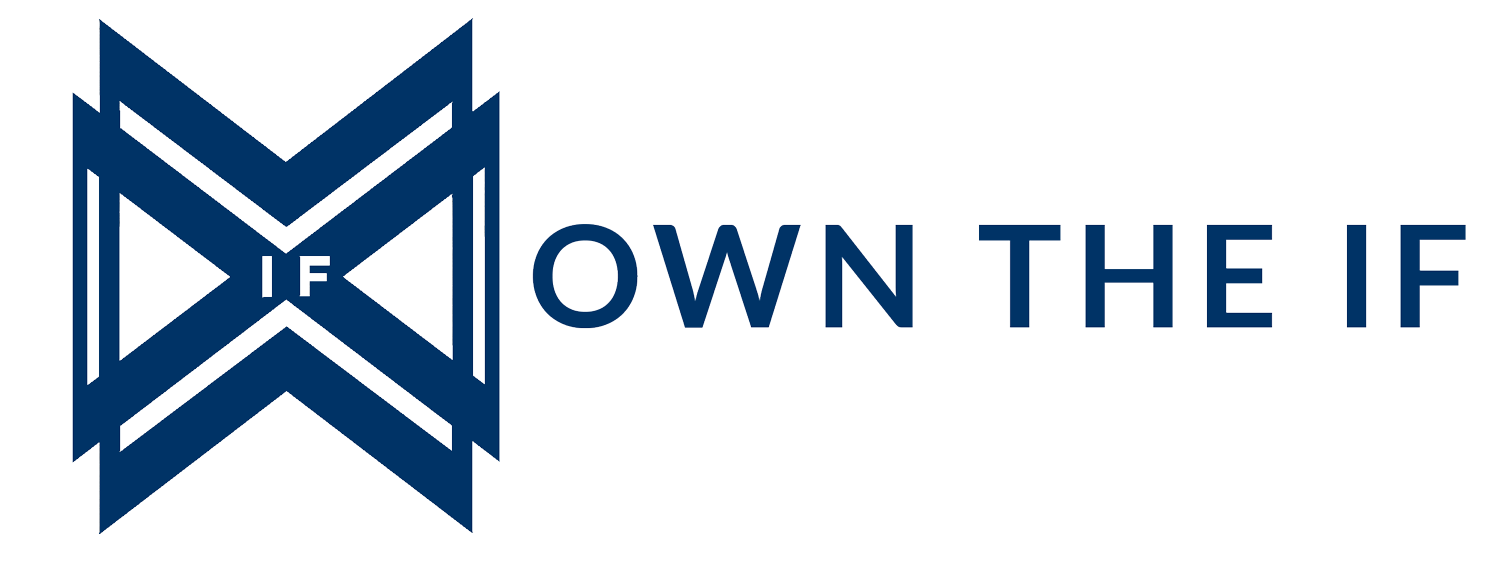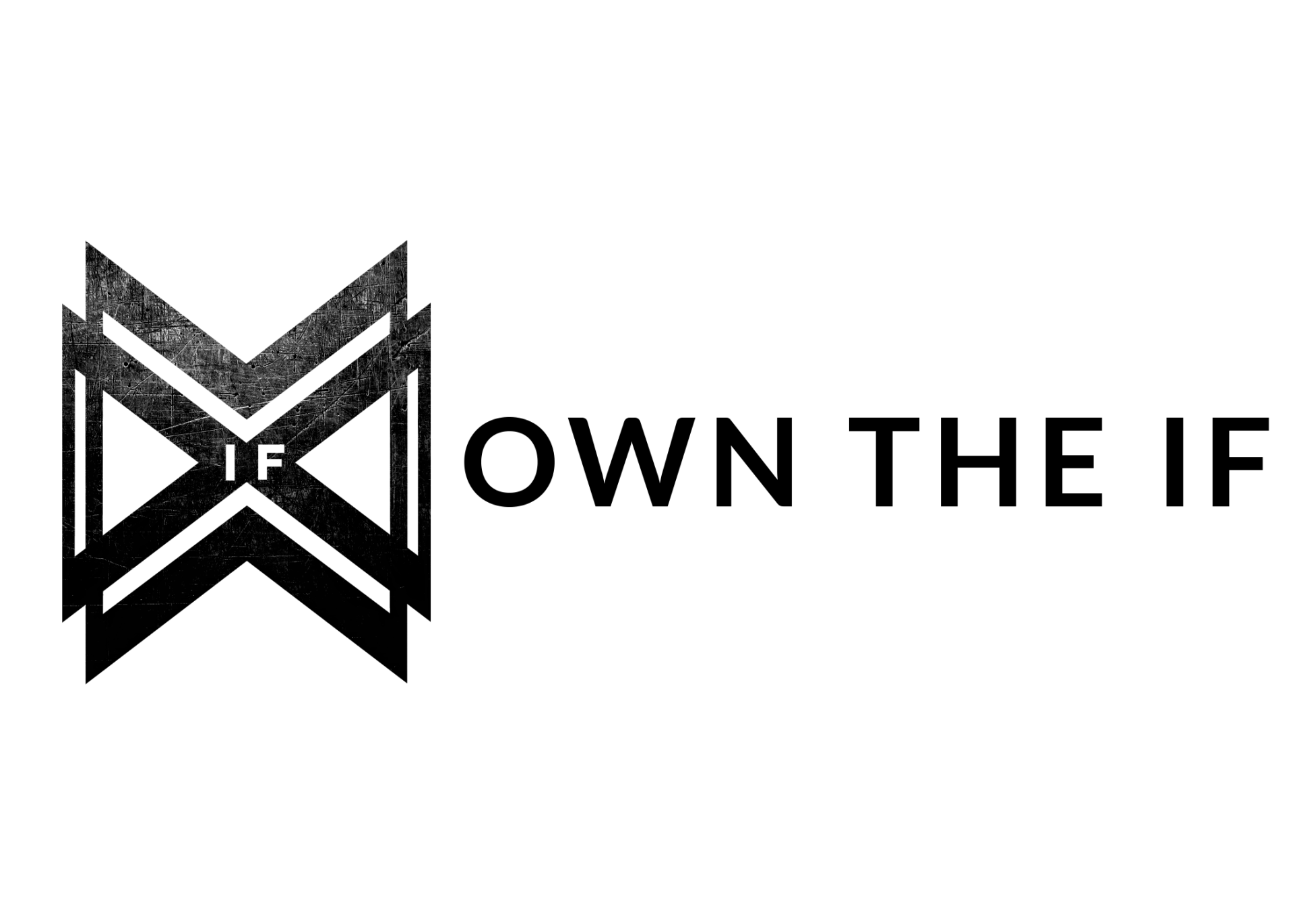We all have those late-night habits, right? A little chocolate before bed, a glass of wine to unwind, a late coffee to power through, or a quick scroll on Instagram that somehow turns into an hour. They feel harmless—maybe even earned after a long day. But have you ever stopped to wonder: "What’s this doing to my sleep?"
I did.
So, I decided to test it for myself while I was on the holiday break. Over four different nights, I tracked how specific habits—like sugar before bed, a drink or two, caffeine in the afternoon, and late-night scrolling—impacted my sleep and recovery, testing one habit each night.
My goal?
To see how these behaviors influenced my body and, more importantly, to share what I learned so you can better understand how your own habits might be affecting your sleep.
The Experiment
Here’s how I approached it:
- Sugar: I indulged with cookies and a bit of candy before bed. It felt happy and fun, like a little reward for making it through the day.
- Alcohol: I chose bourbon—1.5 ounces at 6 p.m. and another at 8 p.m. I’m not a big or frequent drinker, but this mimicked an occasional Friday or Saturday night.
- Caffeine: I pushed my usual boundary (no caffeine after 12:30 p.m.) and had a strong cup of black coffee at 4 p.m. At first, I felt super productive, but later... not so much.
- Late-Night Scrolling: I intended to scroll YouTube & Pinterest for just 30 minutes, cozy in bed at 9:30. But before I knew it, 1.5 hours had passed, and I’d tumbled down the rabbit hole of news and doom scrolling. The regret was real.
What I Measured
Throughout the experiment, I used my Garmin to track:
- Sleep Duration: Total hours of sleep.
- Sleep Stages: Time spent in deep sleep, REM, and light sleep.
- Awake Times: How often and how long I was awake during the night.
- Body Battery: A 5–100 scale measuring energy reserves, calculated from HRV, stress, sleep quality, and activity levels.
- Heart Rate Variability (HRV): A reflection of how well my body was balancing stress and recovery.
- Falling Asleep: Ease of falling asleep, rated as Easy, Medium, or Hard.
- Morning Feelings: My subjective observations—grogginess, energy, focus, and mood.
The Control: On a good night, I typically get 7.5–8.5 hours of sleep, fall asleep in about 5-15 mins, log 1–2 hours of deep sleep and solid REM, and recharge my Body Battery to 85–100, meaning I wake up easily and ready to tackle the day. This baseline gave me a solid foundation for comparison.
My Results
1. Sugar:
I won’t deny it—I loved eating those sour patch kids and cookies. They were a little burst of joy before bed. But the sugar rush had a downside: my sleep that night was restless, and I woke up groggy.
- Falling Asleep: Easy (hello sugar crash), but I woke up later feeling wide awake.
- Morning Feelings: Groggy, unfocused, and sluggish—it felt like I needed extra effort to shake off the night and wake up.
- What My Garmin Showed: Shorter deep sleep, frequent wake-ups, and a Body Battery recharge of 59. My HRV also showed marginally higher stress levels.
- Science: Sugar causes a blood glucose spike followed by a crash that triggers stress hormones like cortisol. These swings disrupt sleep quality and increase nighttime wakefulness (Nutrients, 2020).
- Alternative Advice: Craving sweets at night? Try swapping the sugar out for fresh fruit, frozen cherries & mango (my favorite), or herbal teas with naturally sweet flavors like chamomile or cinnamon.
2. Alcohol:
The bourbon felt like a treat—a relaxing ritual at the end of a long day. But I paid for it big time.
- Falling Asleep: Easy, but it felt more like passing out than actually resting.
- Morning Feelings: Heavy, tired, and unfocused—I wasn’t hungover, but I felt far from refreshed.
- What My Garmin Showed: Reduced REM sleep, mostly light sleep, barely any deep sleep, and a Body Battery recharge of 35. HRV revealed the highest stress levels.
- Science: Alcohol helps you fall asleep faster but suppresses REM sleep, disrupts circadian rhythms, and dehydrates you, leading to restless sleep (Alcoholism: Clinical and Experimental Research, 2018).
- Alternative Advice: Swap alcohol for a calming ritual like herbal tea, a relaxing bath/shower, or a mocktail. These can help you unwind without disrupting sleep.
3. Caffeine:
This one was sneaky. At first, that late afternoon coffee gave me a productivity boost. But when bedtime rolled around? Not so much.
- Falling Asleep: Hard—I felt wired even though I was physically tired.
- Morning Feelings: Foggy and drained—like I needed an IV of coffee just to get moving.
- What My Garmin Showed: Minimal deep sleep, restless overall, and a Body Battery recharge of 50. HRV showed moderate stress levels even while asleep.
- Science: Caffeine blocks adenosine, the neurotransmitter that signals sleepiness. With a half-life of 5–6 hours, an afternoon cup can linger in your system (Sleep Medicine Reviews, 2021). Many people can fall asleep easily after caffeine, but it can prevent them from hitting deep sleep.
- Alternative Advice: Cut caffeine off at least 6–8 hours before bed. Try decaf coffee, herbal tea, or a quick walk for a natural energy boost instead.
4. Late-Night Scrolling:
At first, scrolling through YouTube and Pinterest felt relaxing, like an easy wind-down. But before I knew it, I’d wasted 1.5 hours and ended up in a doom-scrolling spiral.
- Falling Asleep: Medium—my brain felt too busy from the endless stream of content.
- Morning Feelings: Restless and distracted—I felt like my mind never stopped spinning from the night before.
- What My Garmin Showed: Reduced REM sleep, frequent wake-ups, and a Body Battery recharge of 63. HRV showed moderate-to-high stress levels—almost like my brain couldn’t shut off.
- Science: Blue light from screens suppresses melatonin, the hormone that tells your body it’s time to sleep (Journal of Pineal Research, 2020). The dopamine spikes from scrolling overstimulate the brain’s reward system, making it harder to stop and harder to settle into restful sleep.
- Alternative Advice: Set a timer or switch to wind-down activities like reading a physical book, deep-breathing exercises, listening to calming music, or journaling. If you use your phone, turn on night mode and dim the brightness.
What I Learned
This experiment was a wake-up call (pun intended). Sugar, alcohol, caffeine, and late-night scrolling all impacted my sleep in different ways, but alcohol was by far the worst offender for me, personally. My Garmin data confirmed what I’d suspected: my REM sleep tanked, my recovery rate hit its lowest point, and my HRV showed higher stress levels—even though I wasn’t hungover.
What surprised me most was how much timing mattered. The closer I indulged to bedtime, the worse my sleep, recovery, and energy levels were the next day.
This experiment reinforced the importance of habits I already try to stick to, like avoiding late caffeine and limiting screen time before bed. While I don’t indulge in these behaviors often, the results will give me pause the next time I’m tempted to make exceptions.
Here’s the thing—you don’t have to give up everything you love. Life is meant to be enjoyed. Sometimes the gummy worms, beers with friends around a fire, coffee, or scrolling session are absolutely worth it. The key is figuring out what works best for you—and knowing when it’s okay to make exceptions.
Bringing It Home
Sleep is one of the most powerful tools for recharging your body and mind. This experiment reminded me that even small changes—like saving sweets for earlier, swapping bourbon for herbal tea, or limiting screen time—can make a big difference.
You don’t need fancy gadgets to try this yourself. Just grab a notebook and track what you do before bed—like sugar, alcohol, caffeine, or screen time—along with how you slept and felt the next morning. You’ll start to see patterns that can point you toward better sleep.
I hope my experiment gave you some helpful insights, especially if you’ve ever struggled with feeling rested and ready to take on the day. Small changes to the timing of your habits might make a big difference. Ultimately, the choice is yours—awareness is the first step toward making decisions that truly support you.
The more we learn, the better we can tweak things—and that includes our sleep.
Sometimes it’s the smallest changes that lead to the biggest results. So why not give it a try? Your future, well-rested self might thank you.


